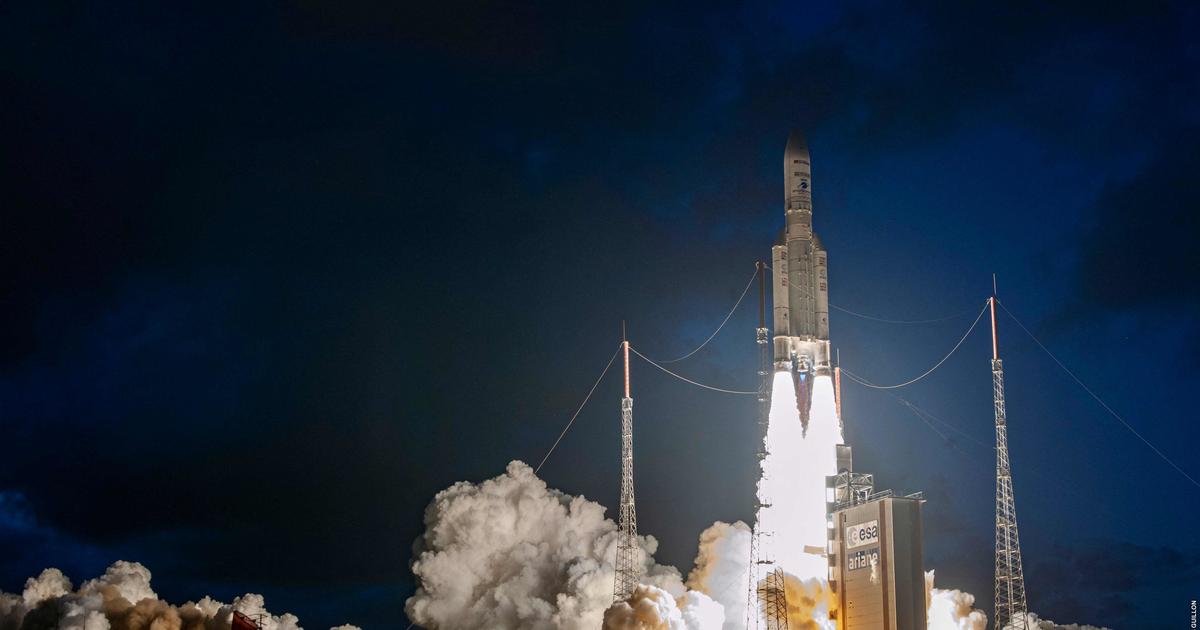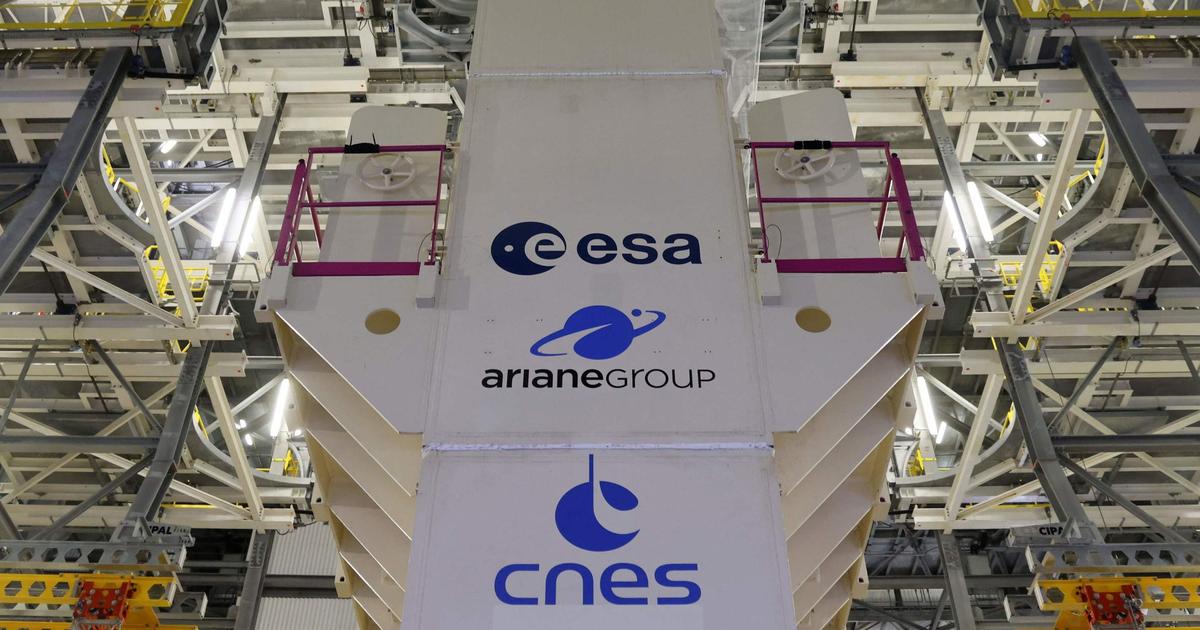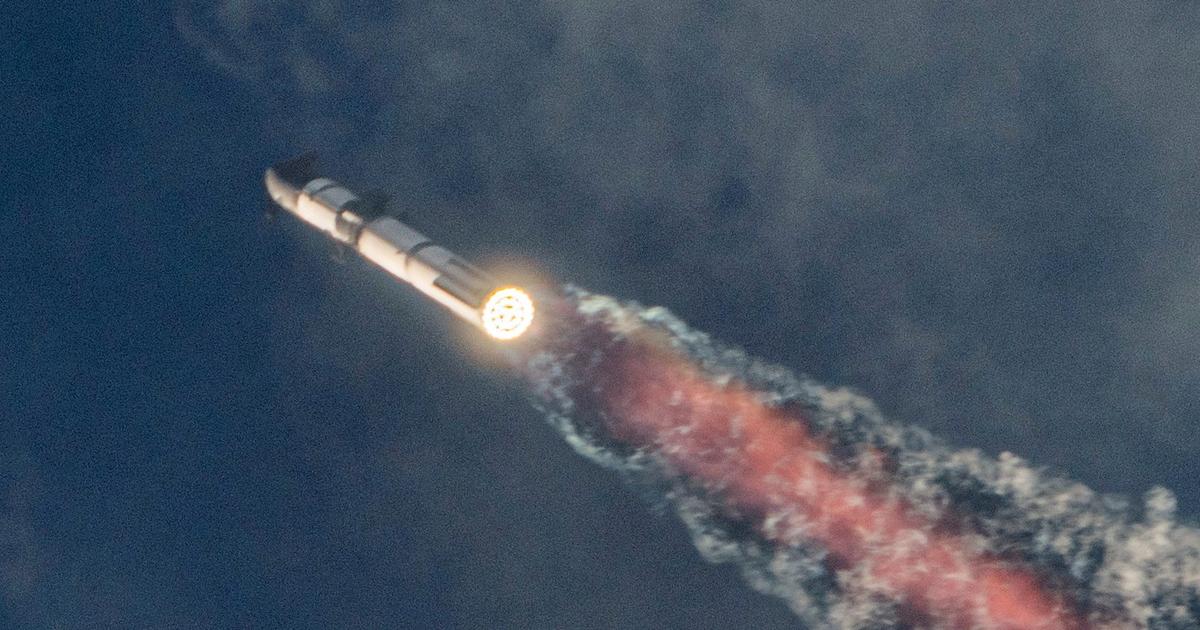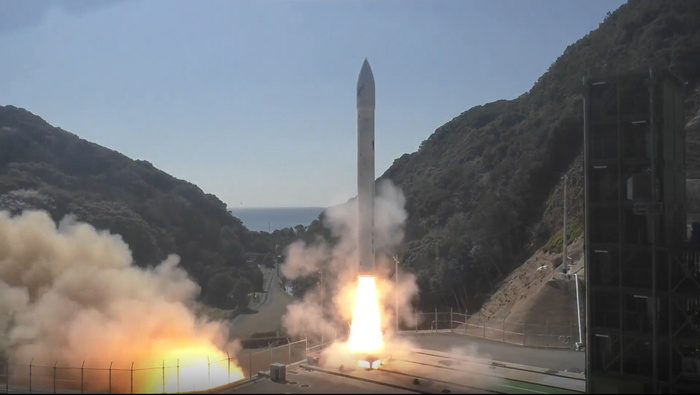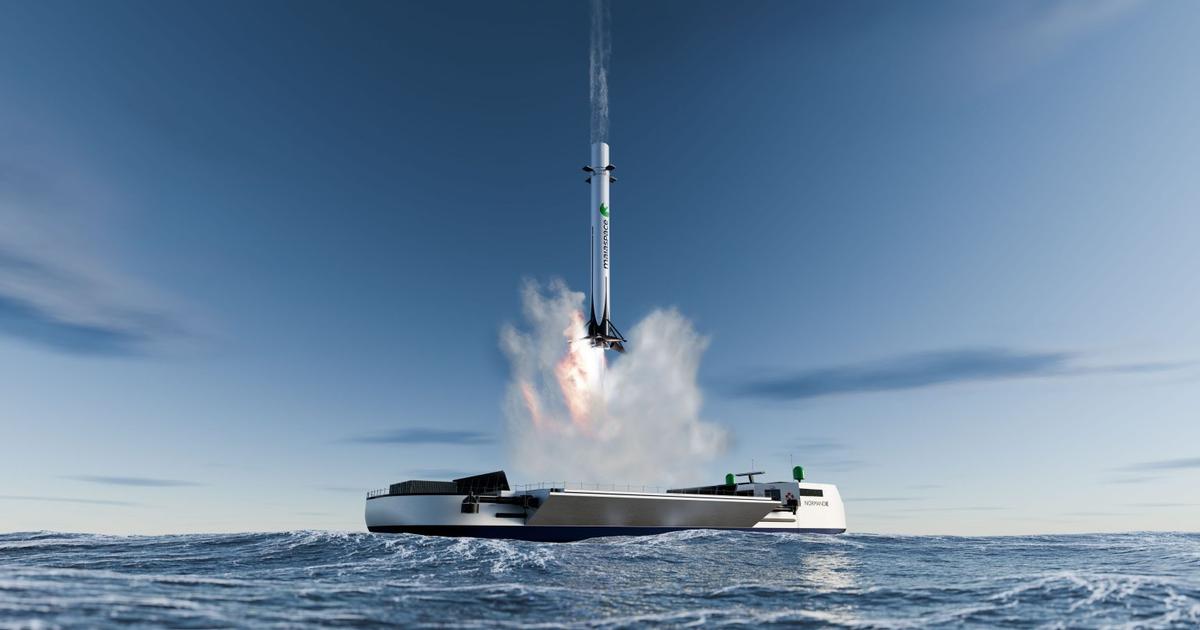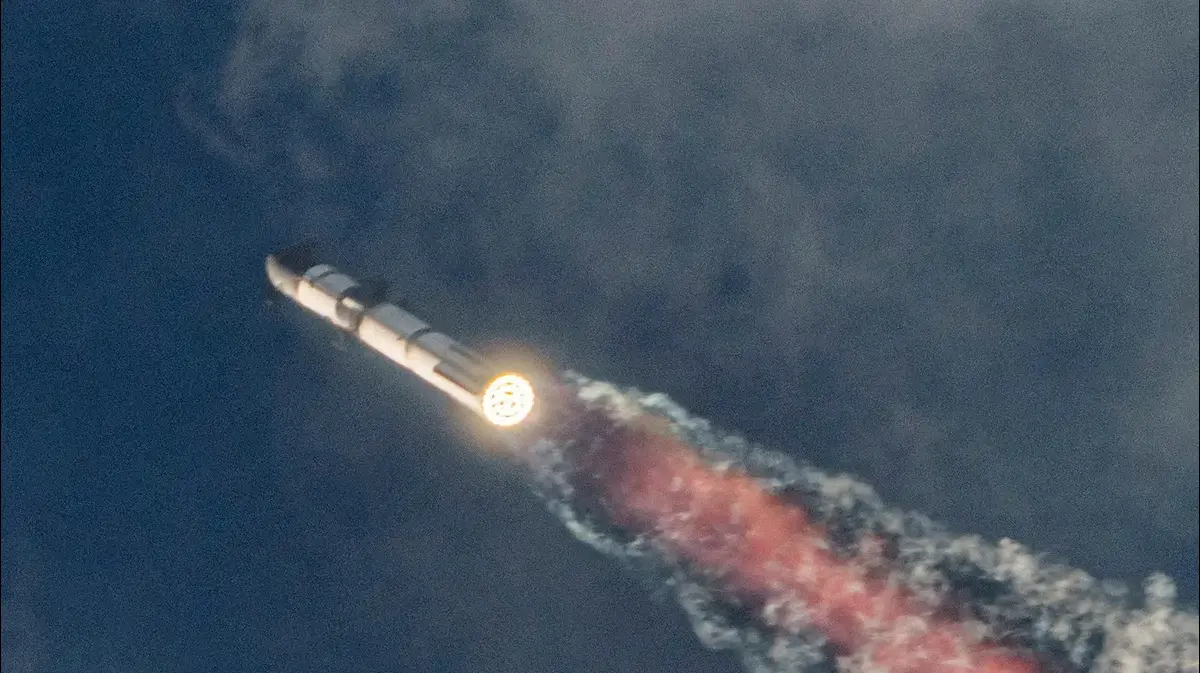The Ariane 5 rocket successfully placed two telecommunications satellites into orbit on the night of Wednesday June 22 to Thursday June 23, allowing Europe to return to space after several months of interruption caused by the shutdown of Russian Soyuz launches.
The rocket took off at 6:50 p.m. local time (9:50 p.m. GMT) from the Kourou Space Center in French Guiana, after a 45-minute interruption of the countdown for technical checks, noted an AFP journalist.
Read alsoThe James Webb telescope has successfully deployed
The launcher carried under its fairing the Measat-3d satellite, from the Malaysian operator Measat, and GSAT-24, operated by the commercial arm of the Indian space agency (ISRO), Arianespace and Arianegroup announced in a joint press release.
The two satellites, totaling a payload of 9.8 tonnes, are dedicated to telecommunications services and satellite TV broadcasting.
Measat 3-d will also be able to provide high-speed Internet connection services and will be used by the South Korean space agency to improve air traffic management in the country.
A little more than 28 minutes after the launch, the launcher released Measat-3d at an altitude of nearly 1,200 kilometers, then 12 minutes later the GSAT-24 satellite while the launcher flew over the Indian Ocean at 3,800 kilometers above sea level. altitude.
From these “geostationary transfer”
orbits
, the two satellites will reach their position nearly 36,000 kilometers from the Earth from where they will begin their missions.
The expected lifetime of Measat-3d is more than 18 years, and 15 years for GSAT-24.
Read alsoWebb telescope: after 30 years of twists and turns, the “launch of the century”
For the Guiana Space Center (CSG), this launch is the second of the year, the first since the final launch of the Russian Soyuz rocket from Kourou on February 10: the Russian invasion of Ukraine cut short any European cooperation with Russia and deprived Kourou of the three other Soyuz launches initially planned for 2022. The European Space Agency (ESA), responsible for European launcher programs, still has to ensure the launch of two Ariane 5 and two Vega rockets - smaller than Ariane - by the end of the year.
Among them, the inaugural launch of Vega-C, a more powerful version of Vega, is scheduled for July 7.
The first launch of Ariane 6, which will take over from Ariane 5, has been postponed to 2023.

